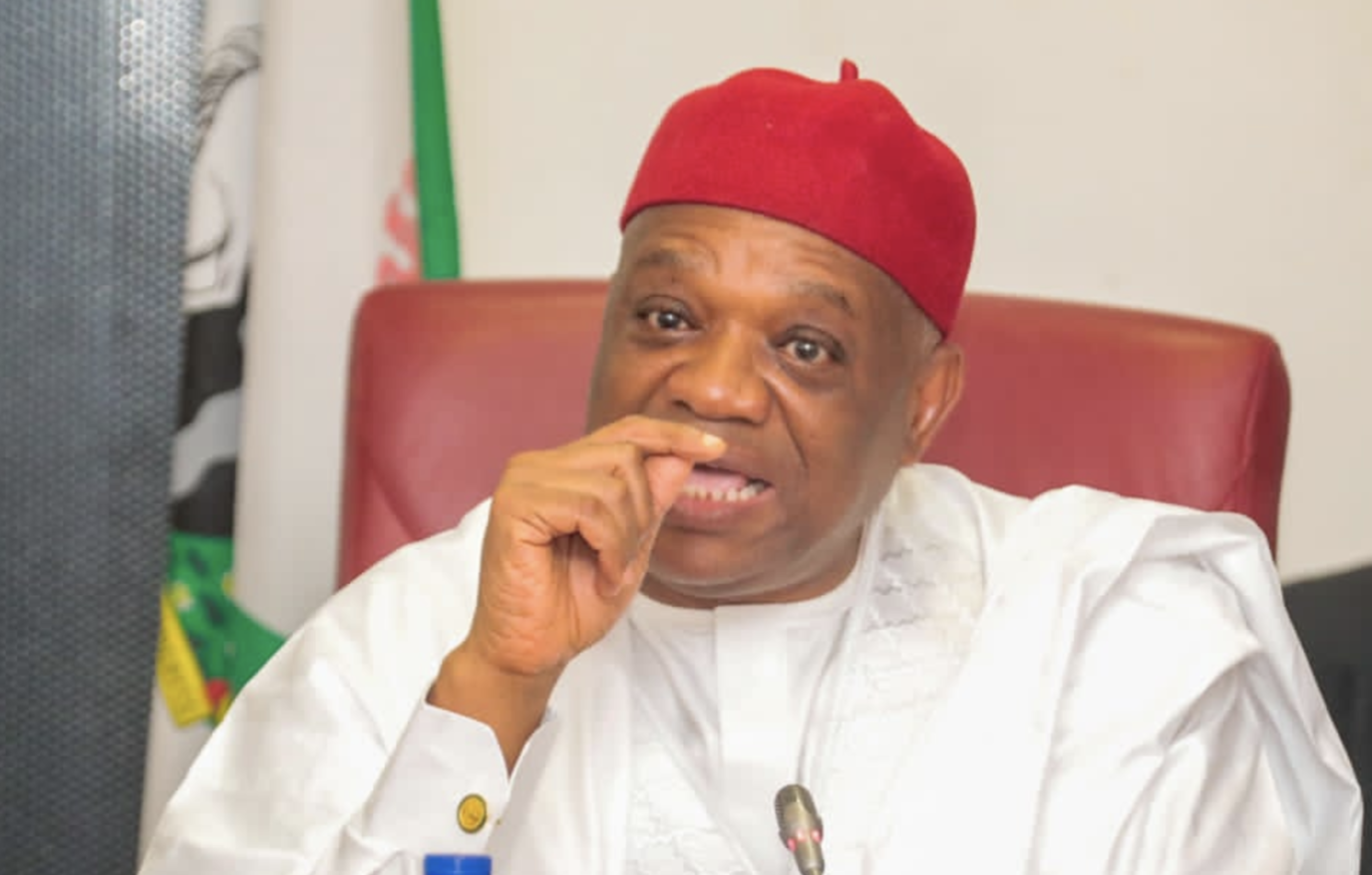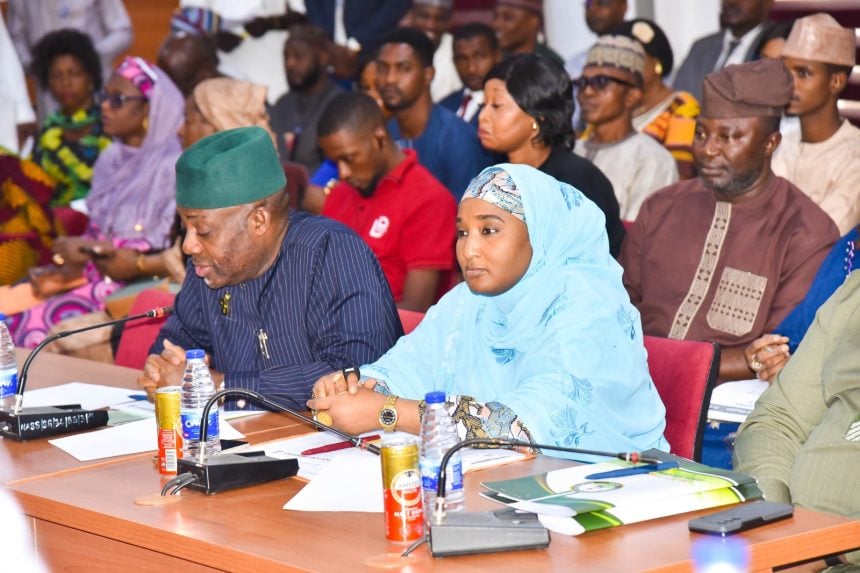Nigeria is facing a severe security crisis that cuts across religious lines, and a prominent political voice has weighed in, amplifying global attention on the issue. Senator Orji Uzor Kalu, Chairman of the Senate Committee on the South East Development Commission (SEDC), has publicly affirmed that former U.S. President Donald Trump “didn’t lie” when highlighting the growing wave of killings in Nigeria.
In a statement that has stirred both political and social discourse, Kalu described the dire security situation in Nigeria, stressing that the violence targets both Christians and Muslims. His remarks signal an urgent need for coordinated national and international responses to tackle the menace threatening the country’s peace and stability.
The Alarming Reality of Nigeria’s Killings
Kalu painted a stark picture of the ongoing insecurity, emphasizing that religious identity has not shielded anyone from violent attacks. “Nigerians are being killed, whether they are Christians or Muslims. There are jihadists who just want to destroy Nigeria,” he stated, capturing the indiscriminate nature of the attacks.
His comments come amid heightened international scrutiny over Nigeria’s security landscape, particularly in the northern and central regions where insurgent groups, bandits, and organized criminal networks have caused widespread devastation. The Senator highlighted that the violence is multifaceted, including not only religiously motivated attacks but also agrarian conflicts, ethnic clashes, and terrorism.
Kalu’s position is particularly significant as it challenges narratives that frame the killings solely in religious terms. By acknowledging that both Christians and Muslims are affected, he underscores the need for inclusive, non-sectarian solutions to Nigeria’s security challenges.
International Attention and Cooperation
Beyond highlighting the domestic situation, Kalu revealed that he has held discussions with high-level U.S. officials regarding Nigeria’s fight against terrorism. According to him, two former U.S. Presidents and six U.S. Senators have expressed willingness to support Nigeria through intelligence sharing and counter-terrorism assistance.
He also hinted at ongoing collaborations between the Nigerian Air Force and U.S. intelligence agencies, suggesting that some successes against insurgents may be a result of such cooperation. Kalu’s statements implicitly defend Trump’s remarks as informed by credible intelligence sources rather than political rhetoric.
Historical Context: The Legacy of Global Intervention
Senator Kalu went further to connect Nigeria’s current security woes with past international interventions. He argued that the collapse of regimes such as Muammar Gaddafi’s Libya and Saddam Hussein’s Iraq led to the proliferation of heavy weapons across Africa, including Nigeria. This influx of arms, he contends, has empowered terrorist networks and criminal groups, escalating the scale and intensity of violent attacks within the country.
This perspective invites broader discussion on how global geopolitics and arms proliferation impact local security dynamics. It also frames Nigeria’s struggle against insurgency within a complex international context rather than viewing it purely as a domestic failure.
Political and Policy Implications
Kalu’s comments carry clear political and policy undertones. By publicly supporting Trump’s claims while simultaneously asserting Nigeria’s sovereignty, he positions himself as a proponent of decisive action against insurgents without yielding to sectarian narratives.
He also advocates for firm measures against jihadist groups, emphasizing the urgency of blacklisting and neutralizing perpetrators. His message is both a call to action for Nigerian authorities and a signal to international partners that Nigeria seeks constructive collaboration in tackling insecurity.
Additionally, Kalu clarified that the criticism implied by Trump’s remarks was not targeted at the Nigerian government or the ruling party. Instead, it reflects global concern over extremist elements threatening the country’s unity and stability.
The Human Toll of Violence
While political and strategic discussions are important, the human cost remains immense. Families across Nigeria continue to grapple with loss, trauma, and displacement. The indiscriminate nature of attacks, as noted by Kalu, makes it clear that both Christian and Muslim communities are enduring the consequences of an escalating security crisis.
Analysts emphasize that understanding the underlying drivers of violence—terrorism, banditry, ethnic conflicts, and resource disputes—is critical for crafting effective interventions. Kalu’s remarks serve as a reminder that addressing Nigeria’s insecurity requires nuanced, multi-dimensional strategies that prioritize the protection of all citizens.
Moving Forward: A Call for Unity and Action
Senator Kalu’s statements are more than political commentary; they are a call for Nigeria to unite in the face of mounting threats. His acknowledgment of the shared suffering of Christians and Muslims encourages a non-partisan, inclusive approach to security.
Moreover, by highlighting international engagement, Kalu points to the importance of global collaboration while safeguarding Nigeria’s sovereignty. He underscores that resolving the security crisis is not solely a matter of military action but also requires political will, community engagement, and strategic intelligence sharing.



